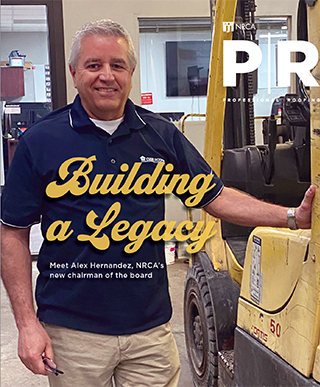In December 2014, Glassdoor,® a recruiting company in Sausalito, Calif., released its Best Places to Work 2015 rankings. The rankings were based on more than 800,000 reviews from workers about the pros and cons of their jobs. The results revealed one big surprise: Regional fast-food chain In-N-Out® Burger came in at No. 8 after not making the list of 50 in 2014. In-N-Out Burger outranked powerhouses Facebook,® Apple® and Southwest® Airlines.
How did a relatively small restaurant chain beat out companies with presumably more employee perks and huge revenues? They do better than their competition.
As reported in The Huffington Post,® the starting wage at the chain is $10.50 per hour compared with $8.94 per hour, the median hourly pay for fast-food workers nationwide. In addition, In-N-Out Burger provides its employees with quality training and growth opportunities.
"We strive to create a working environment that is upbeat, enthusiastic and customer-focused," wrote Carl Van Fleet, vice president of planning and development at In-N-Out Burger, in an email to The Huffington Post. "A higher pay structure is helpful in making that happen, but it is only part of our approach. It is equally important to treat our associates well and maintain that positive working environment in all of our restaurants."
What's interesting is how In-N-Out Burger overcame stereotypes in an industry that has high turnover and notoriously poor benefits. Perhaps a corollary can be drawn to the roofing industry. The roofing industry, too, suffers from an image problem. Although many roofing workers earn sizable wages, more can be done to add to worker satisfaction.
Enrolling employees in educational programs could be one way to boost worker satisfaction. For instance, after attending NRCA University's Roofing Industry Fall Protection from A to Z course, Mike Huston, project manager for Frost Roofing Co., Wapakoneta, Ohio, was grateful for the potentially life-saving tips he and his employees learned. He says: "I appreciate the time the instructors dedicated to having our employees hang suspended in their own gear and see that many of them have not been adjusted correctly. It was informative for our field employees."
Employee training and development can increase job satisfaction and morale and has an added benefit of making your company more attractive to prospective employees.
Ambika Puniani Bailey is editor of Professional Roofing and NRCA's associate executive director of communications and production.



